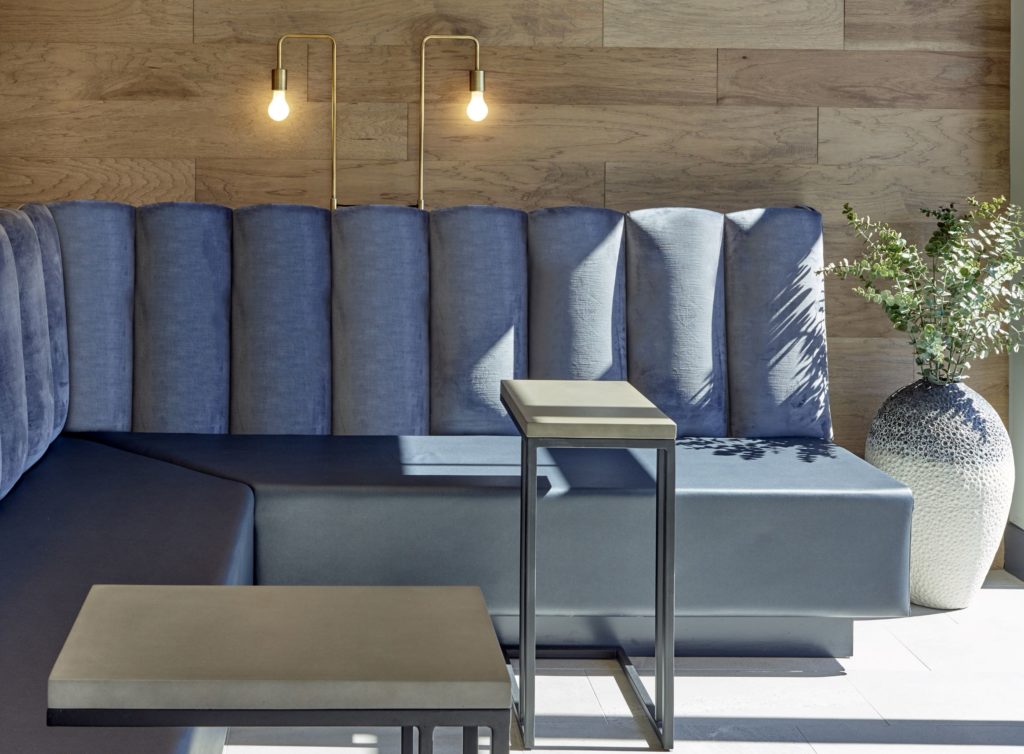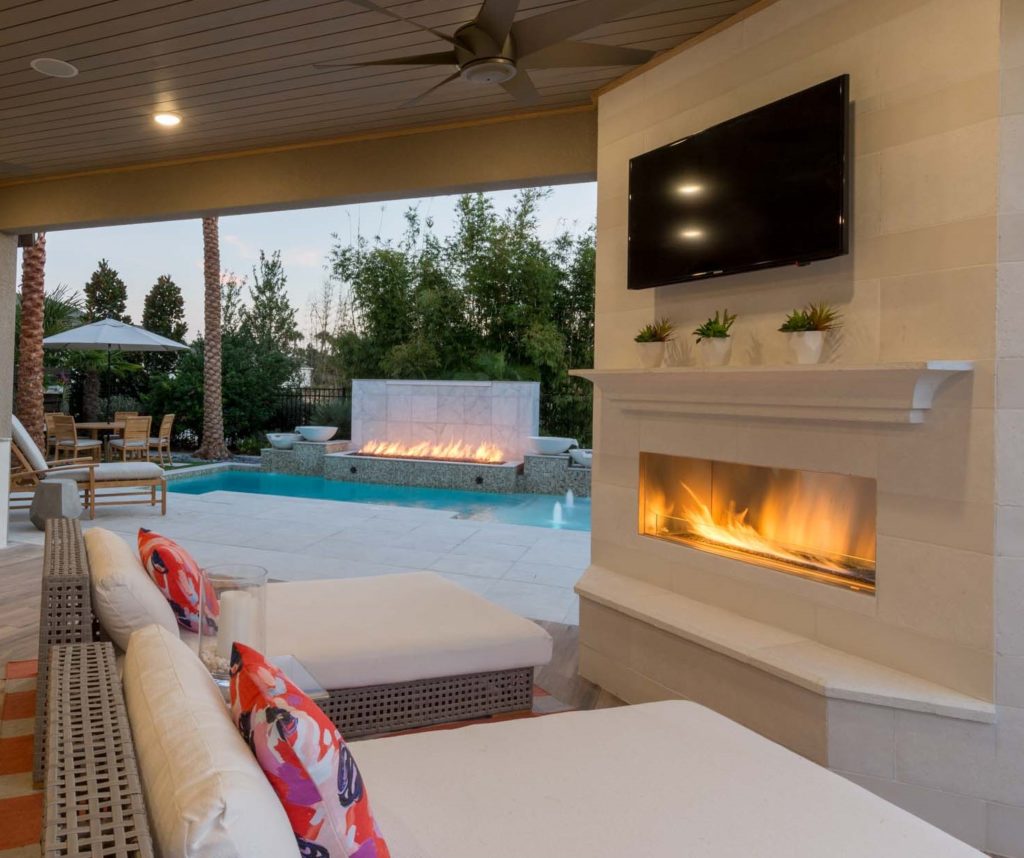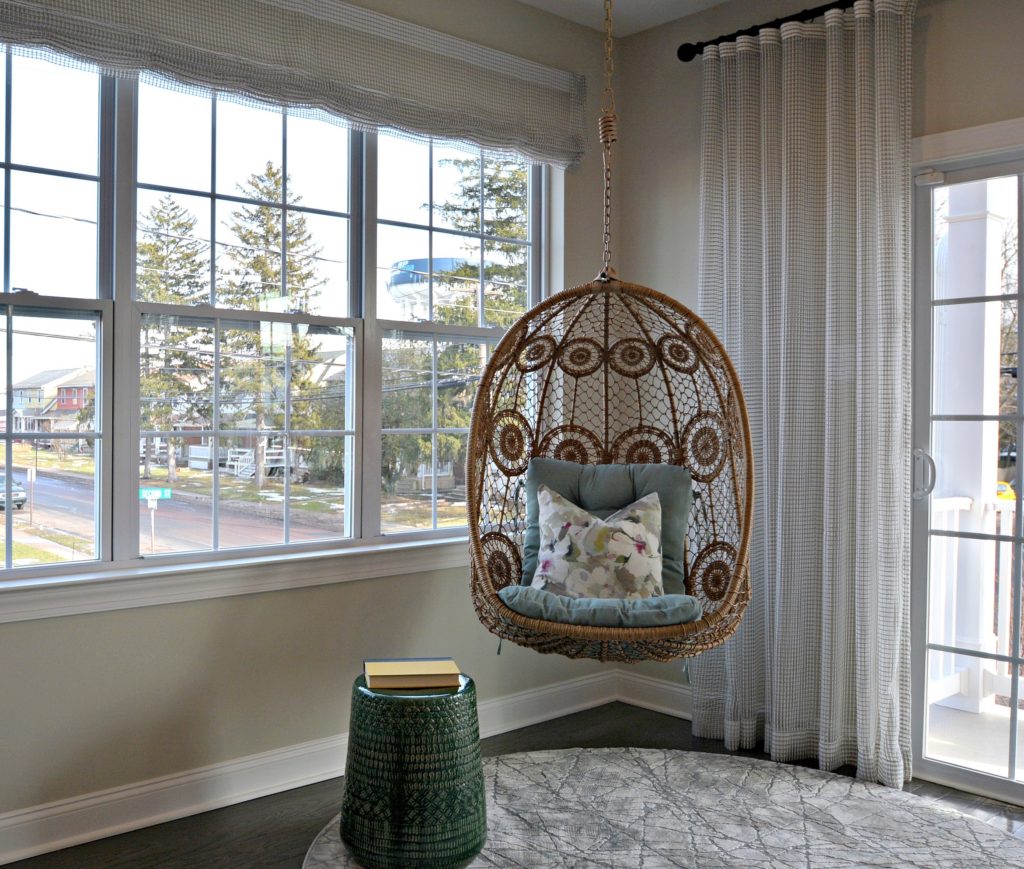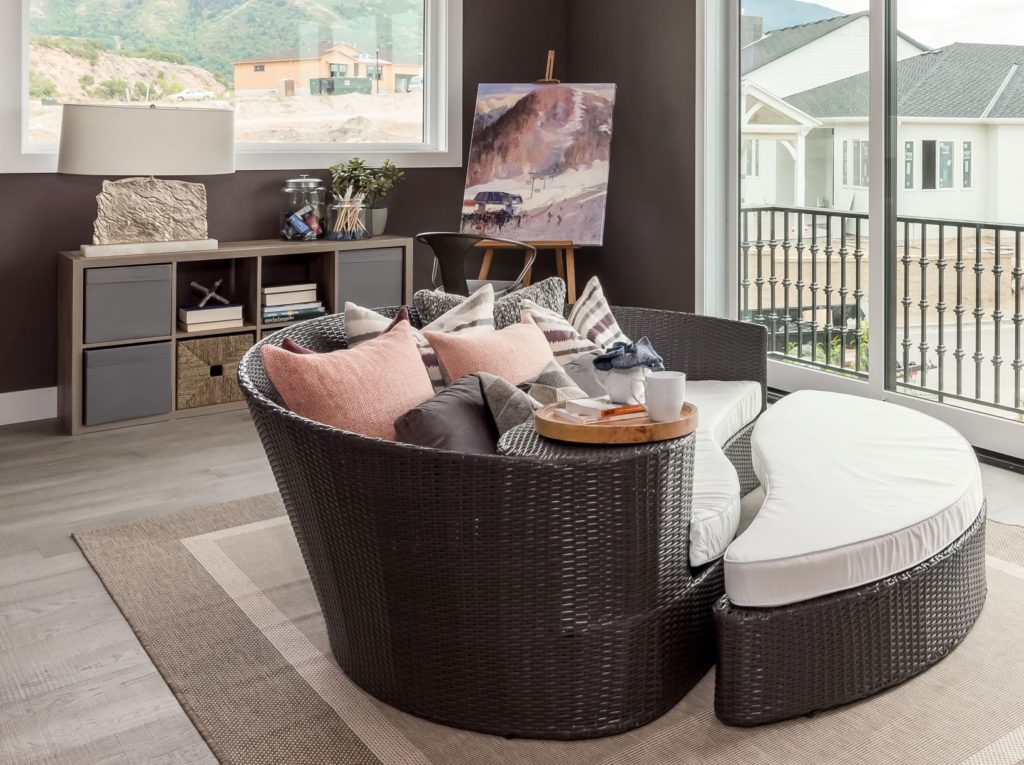To say that these are stressful times would be an understatement. Regardless of your prospective buyer’s preferences, everyone is looking for a bit of Zen these days. To meet this growing need, designers at Lita Dirks & Co. find themselves designing for Zen in their models: designing to create a feeling of tranquility and relaxation.
The primary job of a merchandiser is to evoke feelings in prospective buyers. We want them to feel comfortable enough to sit, relax and enjoy looking around while walking a model. The longer the potential buyer stays in a model, the more it becomes a part of their dream. As such, merchandisers will create designs to elicit a myriad of feelings and emotions depending on a buyer’s needs and expectations, be it winter-time joy, effective home offices or perhaps now, more than ever, a feeling of relaxation, comfort, and Zen.
How to Design a Zen-Inducing Model
Buying a home is one of the most stressful things one can do as an adult. It is a huge purchase with lasting ramifications. While we, as designers, can’t make the home buying decision less stressful, we can make the search more enjoyable by designing a stress-free, Zen-inducing model home.
In Japanese, the term Zen refers to meditation. In interior design, it is about creating balance and harmony. There are no strict rules when it comes to designing for Zen; it is more about the feeling (or emotion) a person gets when entering a space that helps them relax their mind and body. It is about creating a comforting atmosphere by designing using simple lines and clean finishes. Evoking an overall sense of wellness in a space is key. To that end, the following are some of the many principals our designers employ when designing for Zen in our models.
Choose Earth Tones
A Zen-inspired design includes natural colors, which tend to induce a sense of relaxation and calmness. It is all about conjuring strong emotions, like the calm you might feel when looking at a sunset, a snow-capped mountain or the ocean. Include the true colors of nature, like wildflowers in a field or an egg in a bird’s nest is important.
The visual continuity between the walls, furniture and floors is equally important. In other words, avoid bright, jarring paint and/or fixtures. That is not to say that pops of color are not comforting; you just won’t want your color palette to be overwhelming.

Opt for Natural and Light Fabrics
Fabrics should stick to the same rules of natural, light and comfortable as the color selections. For example, one essential element of a Zen design is the window treatments or the lack there of. Some models call out for an unobstructed view or specific architecture to be the focal point of a room. When that happens, leave the windows drapery free. Other times, a drape helps soften the glass and you might consider using linens or thin flowing cottons to provide a sensation of intimacy. Drapery may also be the design element needed to help reduce noise and create a soothing, Zen-like atmosphere.

(Always) Incorporate Natural Light
We talk about light a lot. And, for good reason. As designers, we know that natural light can be an incredibly powerful design ally. For a fully relaxing space, replace harsh florescent lights with calming, nature-inspired warm lighting. For example, using warm lighting vs. cool will add to that feeling of relaxation and Zen. Try adding sconces as a source of light. Sconces allow you to control the intensity and the areas to be lighted. Additionally, sconces can allow you to create interest, add valuable shadows and help the balance of intimacy and clarity that you need to evoke a Zen environment in your model.

Keep Furniture Simple and Natural
Zen style furniture is characterized by simple, softly curved lines, avoiding complicated detail and excess ornamentation. To create a very Zen-feeling bedroom, place the bed close to a source of natural light but not glare, and avoid placing it in front of the door or a passage area because Zen doesn’t thrive in a traffic pattern. Further, to create a cozy, Zen reading nook, choose a simple soft lined armchair or chaise lounge and pay attention to the look and feel of comfort. In other words, no hard, stiff lines.

And no matter what room you’re in, always be sure to hide all wires and cables in all rooms as much as is possible. While we all know we need electronics to live our lives, but seeing them out and about definitely disturbs the serenity you are trying to create.
Bring in Calmness with Green Plants
Green plants are another favorite design element of ours. Plants are soothing and health promoting. However, keeping green plants alive in a model can be stressful (totally defeating the purpose of including them). Bonsai trees or hanging terrariums, for example, are low maintenance and help create that Zen feeling in a model. Also, the artificial world of plants today is amazing and worth a look.
No matter what your specific buyers wants, and needs are, everyone is looking for a little calm in their lives. And entering a model home that exudes that feeling of tranquility, that feeling of Zen will be a welcome respite.
Post courtesy of Sue Ridgeway, Director of Marketing at Lita Dirks & Co., an interior design and merchandising firm based in Greenwood Village, Colo.
Follow Lita Dirks & Co. on Instagram, Facebook and LinkedIn for more interior design ideas and inspiration.

